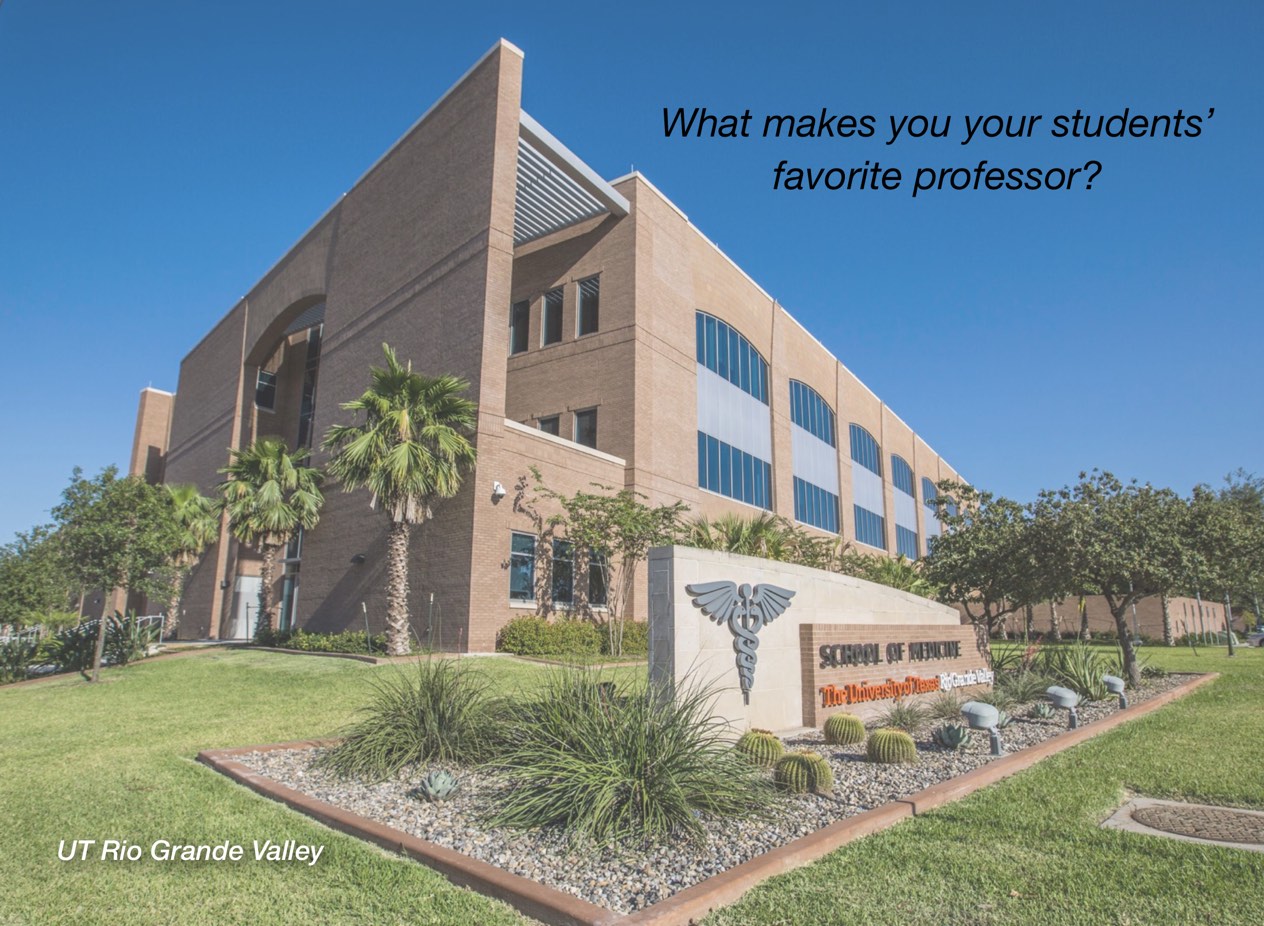4 Curiosity and the Joy of Learning


John Sibert
“Curiosity is the very basis of education and if you tell me that curiosity killed the cat, I say only the cat died nobly.” – Arnold Edinborough
You are great at a variety of things and not so great at others. Have you ever asked yourself why? In most cases, you become really good or even great at what interests you. You play at tennis, math, painting, science, fishing, history, and so on, and become better because of it. You are willing to jump in and learn about something by interacting with it from the top, bottom, and left- and right-hand sides, not being too concerned about a linear sequence of thought or procedure that leads to a singular answer. It’s not all work because you are interested. Wouldn’t you want this to be the case in your classroom? Sometimes I think my most successful lectures are not content driven, but are instead opportunities to tap into students’ “curiosity genes” and capture their interest. Everyone’s curious – it’s part of the human condition. Curiosity can be suppressed in formal education but is never lost. Ideally, it should be nurtured both in and out of the classroom. If I can pique your curiosity, then I have you on the road to understanding the details needed for success in my class because you will play with the material. Your curiosity will be fed by engagement and rewarded by discovery.
Understandably, new instructors focus heavily on simply creating and delivering content in their courses, often losing focus on what may be their greatest role in the classroom: to inspire their students to become self-learners and critical thinkers by sharing the bigger picture and the relevance of what is being learned and by tapping into their students’ innate curiosity. For example, I try to impart how the field of chemistry isn’t a collection of facts and equations, despite the way it is often represented in the classroom, but is instead a story, replete with human drama, successes and failures, and conceptual connections that describe all that is going on in and around you. It is my privilege to share that story, with the testable details, facts, and equations naturally filling in around the bigger-picture skeleton. In a standardized-testing world, has the focus on testable details become the classroom model, and, if so, at what cost to the process of learning? It is my contention that students and people in general are more receptive to understanding details if they are first interested in the material; this is the joy of learning.
“It is nothing short of a miracle that modern methods of instruction have not yet entirely strangled the holy curiosity of inquiry.” – Albert Einstein
Because of my curiosity, I began learning to play guitar at the age of forty-nine and now keep two guitars on stands in my living room for easy access, picking them up often to tinker and play. I practice frequently, which leads to moments of discovery (successful notes, chords, rhythms, and so on), further fueling my interest in learning. Contrast this experience with how most students are first introduced to playing an instrument. They are assigned one in school, perhaps a recorder or, in some cases, the instrument with the mouthpiece easiest for them to make a sound on, and then taught individual notes and told to practice x number of minutes each day. It is a wonder that any students continue playing music beyond the minimal school requirement! Wouldn’t a better approach to teaching an instrument be to first capture student interest in the sound of music? I learned to cook because I enjoy food. I was a receptive student in the kitchen and became a self-learner through trial and error because of my interest. If you want to teach someone to cook, give him or her memorable meals first. There is a pattern here. Whether an instructor wants to teach chemistry, guitar, or how to cook, he or she should first focus on capturing and cultivating interest. Teachers should always serve memorable meals.
Inspiring lecturers and lectures matter because they fuel the natural curiosity present in all of us. Curiosity is fed by engagement and rewarded by discovery, which ultimately leads to learning.
“The important thing is not to stop questioning. Curiosity has its own reason for existing. One cannot help but be in awe when he contemplates the mysteries of eternity, of life, of the marvelous structure of reality.” – Albert Einstein


Chapter 4 Commentary: Alex Piquero
“Reading John Sibert’s essay made me think about why I became a professor. I wanted to know both why and why didn’t things happen. Research questions are everywhere: in airplanes, coffee shops, baseball stadiums, grocery stores. Our job is to look at what is and then ask “why is that the case?” and then subsequently, “why is it not something else?” The sense of curiosity has but one outcome – the discovery of something one did not know before.
Consider a crossword puzzle. If one follows the daily puzzles from The New York Times, Monday is the easiest and the puzzles become more difficult with each passing day. Sometimes, answers are easy. Other times there could be two answers for the same question (Q: Four-letter word for “big time actor who everyone loves;” the answer could be star or idol). Not knowing the immediate answer forces the solver to go about their business filling in other clues. The solution may not happen right away; it may come five minutes later, five hours later, or the next morning when the puzzle’s answers are published.
The bottom line is that curiosity is the catalyst in the pursuit of knowledge. There is nothing greater than learning something new. Crossword puzzles are good at teaching these lessons, in pencil of course.”

